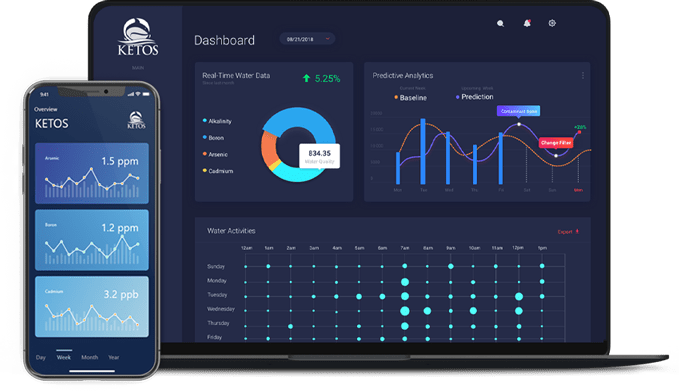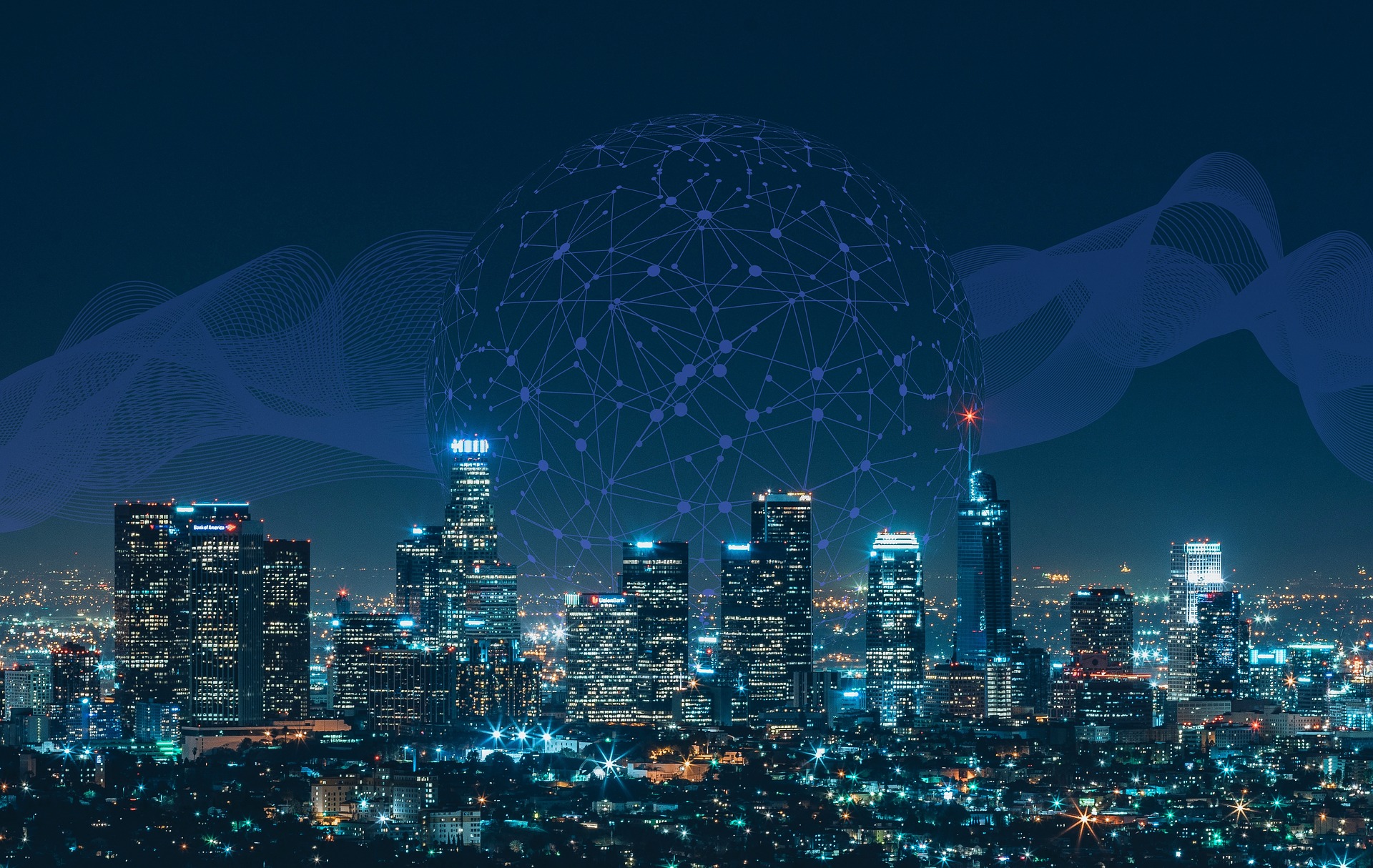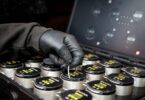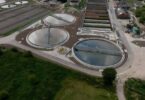Exclusive interview: H2O Global News’ Sion Geschwindt spoke with KETOS CEO and Founder, Meena Sankaran, about their smart approach to water monitoring that equips water managers with accurate, affordable and actionable data
Water is the basis of all life as we know it, and yet, only 0.3% of the world’s supply is fresh and usable. Conserving what little we have is becoming increasingly difficult due to the combined challenges of population, pollution, and climate change on water sources throughout the world. These problems are complex, and require smart solutions.
The first step toward improving water quality is monitoring. Water quality monitoring involves testing the chemical, organic, and physical composition of water to identify trends and changes over time, and pinpoint emerging quality issues. Proper and accurate monitoring provides decision-makers with vital data to improve overall water management.
However, traditional water monitoring methods are often expensive, time consuming, and don’t provide professionals with data that is accessible and easy to understand.
Water woes
The ‘old school’ way to test quality was dipping a probe in the water, sending it to the lab and then, once the results are in, making decisions based on this information. While handheld probes do gather useful insights into water quality, the problem is that you must physically go to the water source every time you want to test, and you can typically only assess one parameter at a time – for example, nitrates or arsenic. Furthermore, from the time the probe enters the water to when results are in, the composition of the water may have changed.
In many cases this delay can have severe consequences. Imagine you’re a farmer and there is a sudden change in pH or maybe a contaminant has leaked into your water source upstream. One day you water your crops as usual and all of a sudden, they begin dying off for no apparent reason.
An alternative to handheld probes is online analysers that test for single parameters and upload this data over the web. These systems, while an improvement, have to be calibrated and cleaned almost every day, and use disposable parts that have to be regularly replaced. The more you test, the more expensive it becomes.
To address these shortfalls, some companies are now turning to smart technologies to bring water monitoring into the 21st century.
The digital transformation
The digital transformation is rapidly changing the way we live and work. Emerging technologies such as the Internet of Things (IoT), big data, cloud computing, and machine learning, are disrupting conventional ways of doing business.
You’ve probably heard about these technologies before, but you may be wondering: What exactly are they? and what do they have to do with water quality monitoring?
IoT is an ecosystem of web-enabled devices, equipment or machinery, fitted with sensors that gather vast quantities of data from the environment and share it between devices. The large, often real-time datasets these devices gather is known as ‘big data’.
Big data needs to be stored somewhere – which is where cloud computing comes in. But the cloud doesn’t just store data; cloud-based analytics software allows you to manage and interpret it. To make this process easier, we can use machine learning to categorize the incoming data, recognize patterns and translate the data into insights helpful for business operations.
So now we know what these technologies are, let’s focus on how they are transforming the world of water monitoring by taking a look at a company who is doing just that.
The KETOS water monitoring solution
KETOS is a fully integrated platform that combines hardware, software, connectivity, automated reporting, predictive analytics, and maintenance to automate water monitoring and testing.
KETOS CEO and Founder, Meena Sankaran, is a technologist and entrepreneur with a background in electrical engineering. Sankaran grew up in India where she witnessed the vital importance of water quality first-hand. So, after years working at various tech startups, she decided to use her skills to bring lasting change to one of the most important industries of all.
“I was just making technology better for technology’s sake, but I wanted to use it to create a broader social impact,” said Sankaran, from her office in the Bay Area, California. “I have both a personal and professional connection to water, and after extensive research it became clear that I could leverage my skills to help bring smart technologies and digitisation to this sector.”

CEO and Founder of KETOS, Meena Sankaran
“Market research revealed a big gap in water monitoring technologies,” said Sankaran. “I wanted to give users of this technology proactive, intelligent, and actionable data, which wasn’t the case presently.”
In 2015, Sankaran founded KETOS to revolutionise the way water is monitored. The company provides two unique IoT sensor systems: the KETOS SHIELD and the KETOS WAVE. These devices provide lab accurate testing and gather real-time data for 26 different parameters, including heavy metals. The mesh that brings these devices together is the KETOS smart water intelligence platform, which receives big data from the sensors, analyses it, and displays it in a straightforward way, empowering water managers to make informed decisions.
“Our design philosophy hits four A’s: affordability, accuracy, autonomous and actionable,” said Sankaran. “We run a 100% service model at a flat rate; we set up the equipment, the communication infrastructure, and the platform, and then give our clients a login and password – it’s that simple.”
By integrating various smart technologies, KETOS users can monitor water quality from anywhere in the world. “They can decide what to test, when to test it, and also receive alerts if any safe thresholds are breached,” said Sankaran. “Machine learning algorithms also provide predictive insights into possible trends or threats, keeping the user one step ahead.”

Monitor water quality from your living room
KETOS is designed for municipal, industrial, and agricultural sectors, empowering professionals with accurate, real-time insights. The service approach KETOS have adopted not only makes the process as smooth as possible for the client, it keeps the technology cutting edge.
“The benefit of a service approach is that the client doesn’t have to keep replacing and discarding the technology every few years when it becomes obsolete,” said Sankaran. “We run a quarterly maintenance on all of our devices, keeping them cutting edge and performing optimally.”
KETOS have developed a model that couples emerging smart tech with a service driven model, delivering a sustainable and effortless solution for water monitoring. This can help respond to pollution incidents, improve drinking water supplies, and protect industries from potential contaminations. But the impact of solutions like KETOS goes beyond the obvious.
Big data, big impact
Huge quantities of useful data is being collected as smart, web-connected water monitoring devices get deployed across the world.
“We are gathering so much information on water from hundreds of different sources and industries, and all that data can help gain a better perspective into what influences water quality and where we need to focus our attention,” said Sankaran. “For example, being able to determine what kind of water quality is driving what type of health issues.”
Machine learning can expand the power of this information by predicting potential events before they happen. These algorithms become increasingly impactful as datasets grow.
“I want to make the data as powerful and as actionable as possible,” said Sankaran. “For this reason, we aim to deploy our technology to as many users, in as many different industries, as possible.”
Smart futures
Uptake of digital technologies in the water monitoring sector to date has been sluggish. While handheld probes, online analysers and other equipment have been useful in the assessment of water quality, there is an urgent need to deploy smart, integrated technologies at scale.
Emerging tech such as IoT, big data, and machine learning have great potential to empower water industry professionals with affordable, accurate, and actionable data. These technologies can tackle the nitty gritty of data capture and analytics, freeing up time for people to make vital decisions.
Such technologies are no longer an option, but a necessity. Billions of people throughout the world don’t have access to safe water resources and this is only forecast to worsen – unless we do something about it.
While these technologies are no silver-bullet, they provide valuable information on a scale never seen before. Knowledge is power, and we will need a lot of that to take on immensely complex problems such as the global water crisis. It is for this reason that utilities, industries, and governments throughout the world should all embark on the smart water journey – today.
Do you have an article to share? Click here to submit or if you’d like to subscribe to our weekly newsletter, click here.







